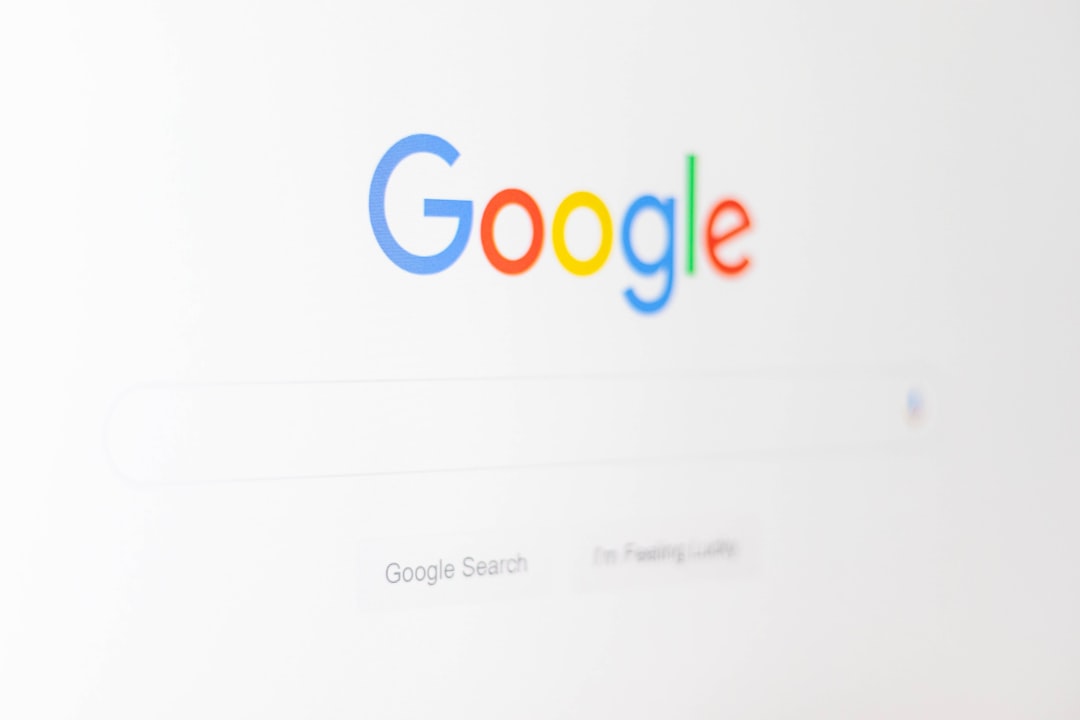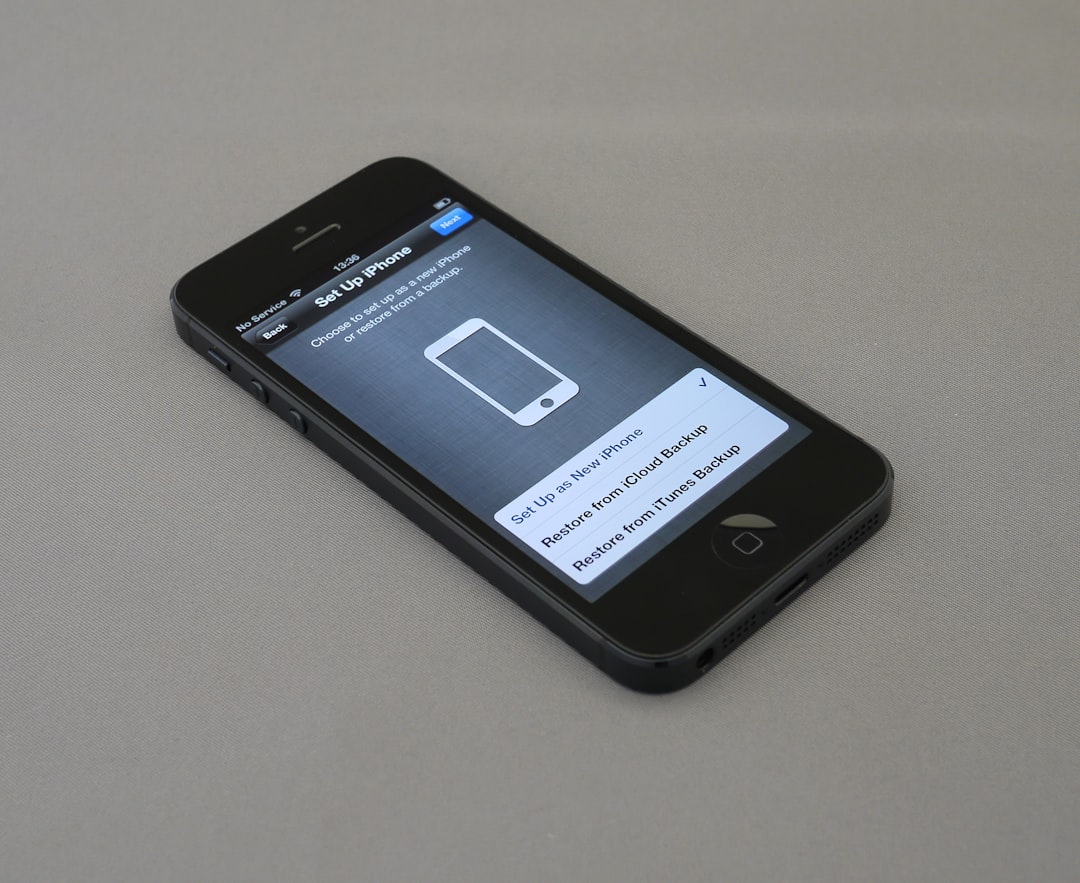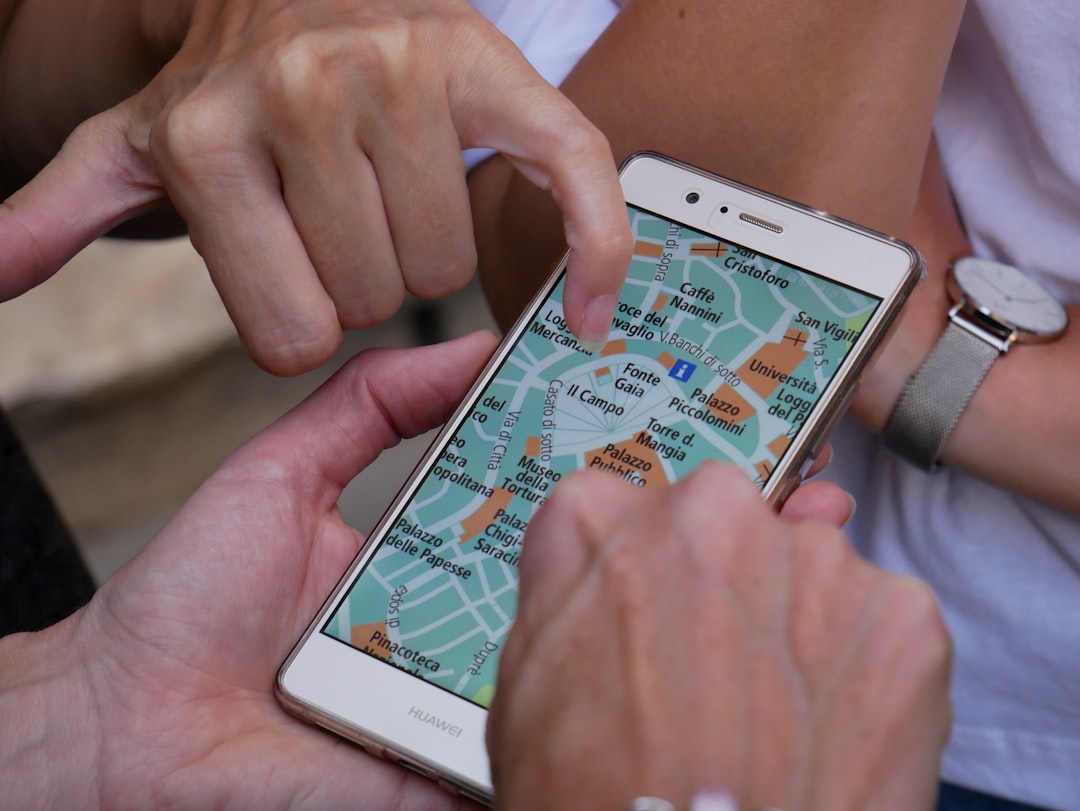
Online privacy has become a serious concern in today’s interconnected world. As people increasingly use mobile devices for everything from banking to streaming, Virtual Private Networks (VPNs) have gained popularity as essential tools to protect online activity and guarantee anonymity. For iPhone users in particular, choosing the right type of VPN can impact both performance and privacy. Two commonly discussed options are residential VPNs and regular VPNs. Understanding the differences between the two is crucial for making an informed decision.
At their core, both residential and regular VPNs serve a similar purpose: they encrypt your internet connection and route it through a remote server to mask your IP address. However, the type of IP address and the source of that traffic differ considerably, which influences how they are used and how effective they are in bypassing geo-restrictions or protecting privacy.
What is a Regular VPN?
A regular VPN, often referred to as a data center VPN, uses IP addresses assigned to servers located in commercial data centers. These IPs are easily identifiable as coming from a VPN or proxy service, which can lead to limitations when it comes to accessing certain websites or apps.
Key characteristics of regular VPNs for iPhone:
- High speed and reliability: Data centers are optimized for speed and stable connections.
- Widely available: Most popular VPN providers offer regular VPN services that can be used on various devices, including iPhones.
- Lower cost: Due to the economies of scale associated with data center operations, regular VPNs are generally more affordable.
- Effective encryption: They offer robust AES-256 encryption, DNS leak protection, and kill switches to ensure online security.
Despite these benefits, many websites and online platforms can detect and block traffic coming from data center IPs, especially in areas like streaming, gaming, or sneaker botting.

What is a Residential VPN?
Residential VPNs take a different approach by using IP addresses supplied by internet service providers (ISPs) to actual residential homes. These IPs appear as if the connection is coming from an ordinary user’s home, thus making them far more difficult to detect.
Key characteristics of residential VPNs for iPhone:
- Real IP reputation: Because traffic appears to originate from a normal household, websites are less likely to block access.
- Excellent for geo-unblocking: Streaming services like Netflix, Hulu, and BBC iPlayer are often accessible with residential VPNs.
- Perfect for anonymity: The ISP-assigned IPs offer better camouflage compared to data center IPs.
- More expensive: Managing residential IP addresses is significantly costlier, which reflects in the pricing models.
This type of VPN is especially suited for users who need to ensure maximum anonymity or need to appear as a legitimate user from a specific country or location.
Residential vs Regular VPN: A Comparative Overview
| Feature | Regular VPN | Residential VPN |
|---|---|---|
| IP Source | Data center | Residential ISP |
| Speed | Faster | May be slower due to routing |
| Anonymity | Moderate | High |
| Cost | Lower | Higher |
| Detection Risk | Higher | Low to none |

Which One Should You Choose for Your iPhone?
The choice between a regular and a residential VPN depends heavily on what the user hopes to achieve.
- For general browsing, secure email use, or banking: A regular VPN is generally sufficient, offering high-speed encryption and cost-effectiveness.
- For accessing geo-blocked content or avoiding detection by strict platforms: A residential VPN provides greater stealth and reliability.
iPhone users who engage in activities such as social media automation, sneaker purchasing, or affiliate marketing may lean toward residential VPNs for more consistent and undetected access. On the other hand, those seeking strong encryption for daily use on public Wi-Fi or while traveling might find a regular VPN to be the smarter and more economical choice.
Final Thoughts
Whether you go with a residential VPN or a regular VPN for your iPhone, the most important thing is to select a solution that aligns with your needs. Consider factors such as speed, privacy, cost, and usability before committing. Always ensure the provider has a solid reputation, adheres to strict no-logs policies, and offers user-friendly apps for iOS. By making a well-informed decision, you can maintain your digital privacy and access to the internet—on your terms.






